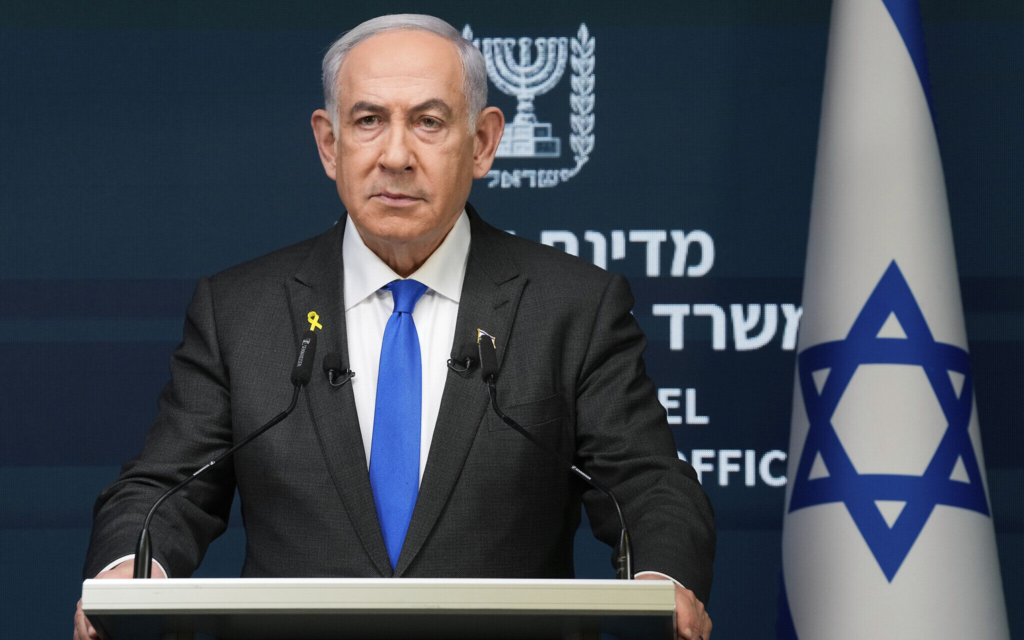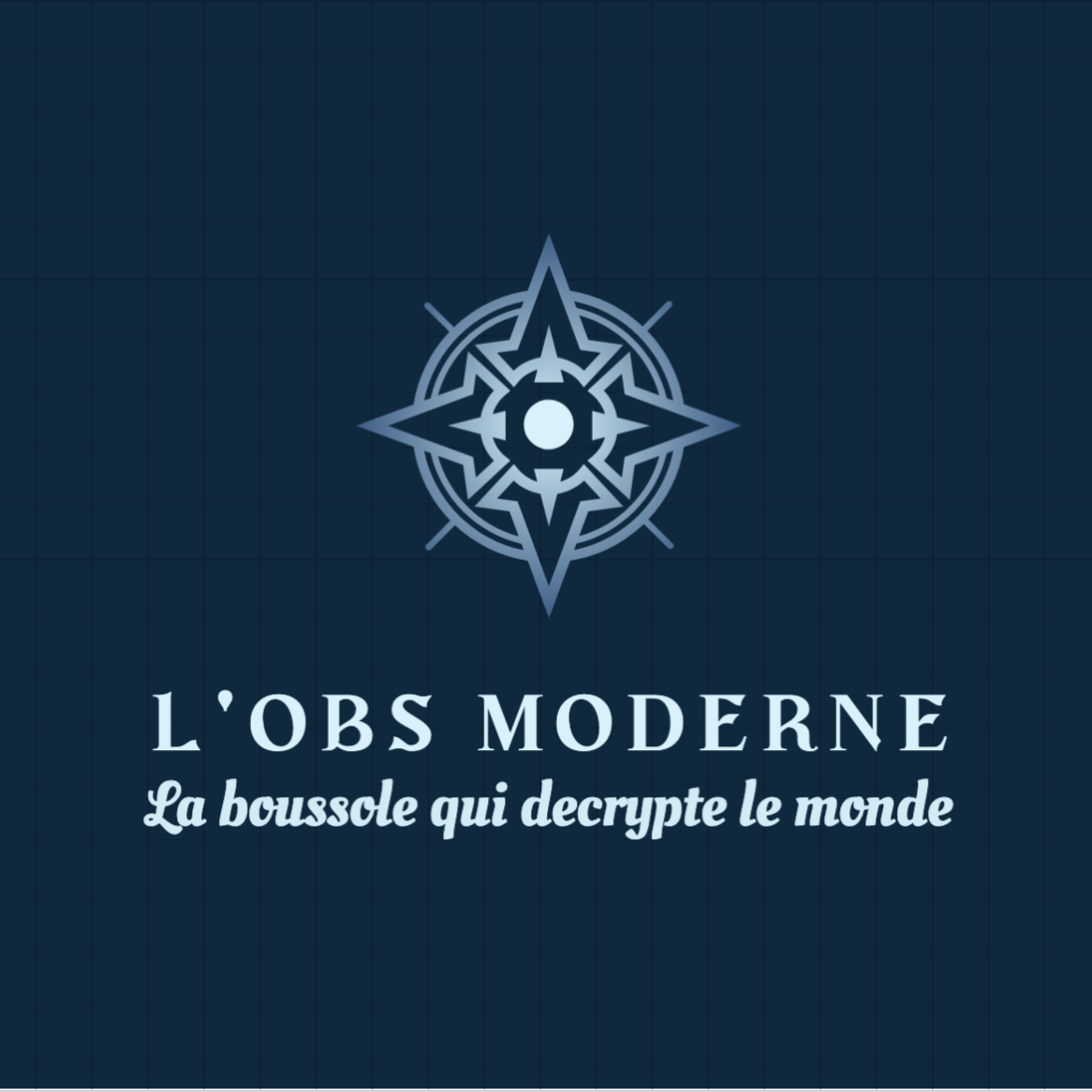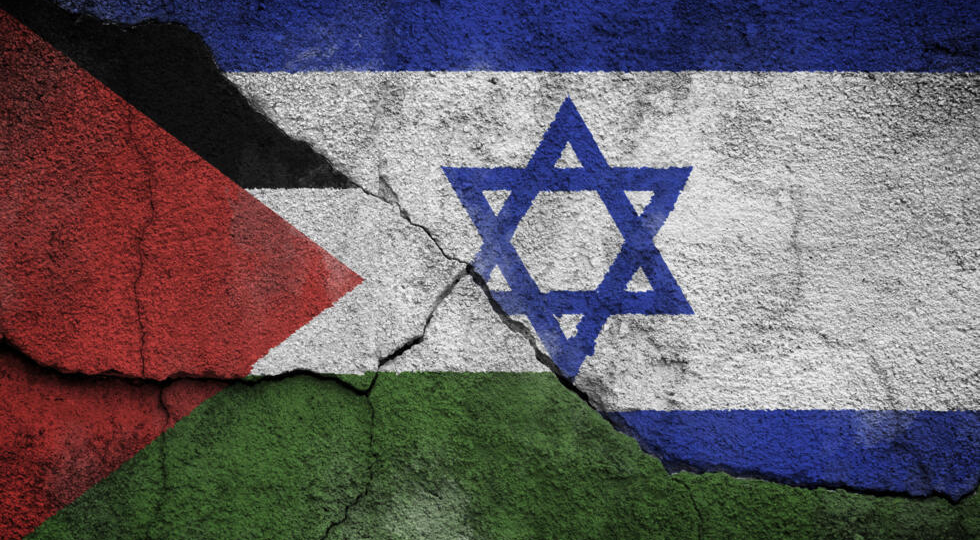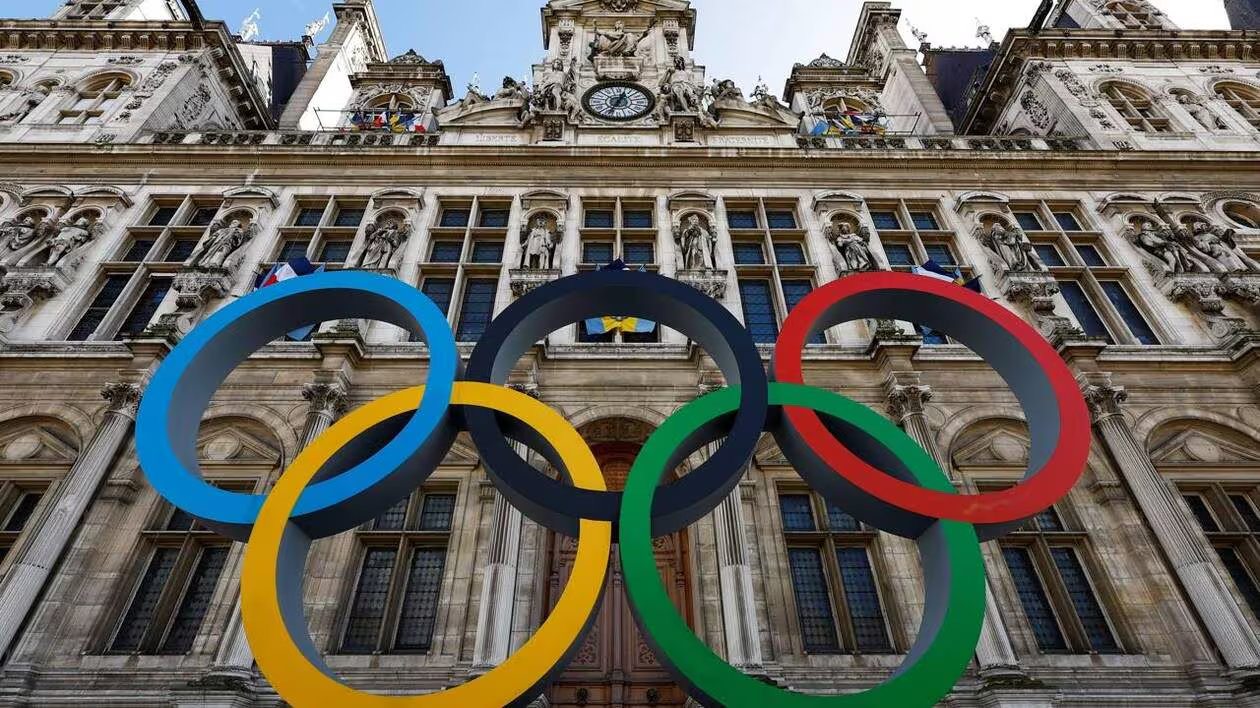The tension level in the Middle East has risen again after Iran sent more than 200 ballistic missiles towards Israel on Tuesday, October 1st. What can we expect from this new escalation?
Summary
It was the attacks of October 7 that rekindled physical tensions between Israel and Gaza.
Historically, tensions began in 1948 when Ben Gurion, the Israeli Prime Minister, declared the independence of Israel. The creation of a state for the Jewish community was at that time a priority for the UN after the Second World War and the Holocaust. Israel would however decide not to respect the UN plans and to seize territories intended for the Palestinians. This non-compliance with the plans created a deep feeling of injustice among the Palestinians. Israel had to face wars and tensions with neighboring Arab countries that did not recognize its sovereignty. However, at the time, the Arab countries were very little concerned by the Palestinian question. Israel had to face several assaults from Arab countries such as the Yom Kippur War in 1973, led by Syria and Egypt. The two countries took advantage of the Yom Kippur holiday to take Israel by surprise and invade the country. Israel ultimately won this war like all the others, notably thanks to the support of the United States. A support which would also lead the Arab countries to provoke the end of the Trente Glorieuses and to increase the price of oil. The aim of this maneuver was to make the United States understand that they had to limit their support for Israel in order to isolate the country even more.

At the same time, the Palestinians were realizing that they could only do justice to themselves. However, when a people suffers injustice or feels victimized by it, they unwittingly breed people with violent ideas. This was the case in America when the Ku Klux Klan took advantage of the feeling of injustice reigning in the south of the country following the Civil War to emerge, or in Germany with Nazism following the Treaty of Versailles. The Palestine Liberation Organization (PLO) was created in 1964 by Yasser Arafat. Its objective was to destroy Israel and inspire terror in the world in order to draw attention to the Palestinian question. The terrorist group first became known by organizing attacks against Israeli military bases. It was in 1972 that the world understood the extent to which this terrorist organization was a threat. In 1972, during the Munich Olympics, the PLO took Israeli athletes hostage in their hotel in the Olympic Village. Two hostages lost their lives that day. The PLO, now known to all, continued similar actions until the late 1990s.

Bill Clinton, President of the United States from 1993 to 2001, managed to bring the PLO and Arafat together around a table with the Israeli Prime Minister at the time, Yitzhak Rabin, in order to ease tensions. In 1993 and 1995, the two Oslo Accords were signed. Israel would return land to Palestine, such as the Gaza Strip, and the PLO would recognize Israel's independence and renounce its violent acts. As a symbol, Arafat and Rabin would jointly receive the Nobel Peace Prize in 1994. However, these treaties would not be unanimous in the Middle East, where groups such as Hamas would strongly oppose these agreements, as would the Israeli far right. Yitzhak Rabin would be assassinated by an Israeli extremist following these agreements. Arafat's PLO will see Hamas win the 2004 elections and seize power in the Gaza Strip. In Israel, the right will make itself heard from 1999 with the first election of Benjamin Netanyahu. The latter will return to power in 2009 until 2021 and is today once again the Prime Minister of Israel.
Hamas, upon coming to power, attacked Israel by launching missiles in 2004. At the same time, Israel's policy towards the Palestinians was not always correct, particularly when the latter were expelled from Jerusalem, relocated and forced to live in refugee camps. The arrests without cause of some Palestinians reinforced the feeling of injustice and hostility of the Palestinians towards Israel. Hamas took advantage of this tension to stir up crowds and rally members to its cause. On October 7, 2023, Hamas struck Israel in the most violent pogrom in its history since the Holocaust. It is estimated that since the beginning of the conflict, Hamas has taken 116 people hostage, 43 of whom have died according to the Israeli authorities. Israel has not stopped bombing Gaza since then, killing thousands of civilians.
The Israeli-Palestinian conflict, marked by an escalation of violence and mutual retaliation, seems today to be caught in an endless spiral. Each attack reinforces the hatred of the other side and radicalizes positions a little more. Faced with this destructive dynamic, it is difficult to envisage a solution or even a lasting ceasefire.
Why is Iran involved in the conflict today?
This is not the first time that Iran has directly attacked Israel. On April 13, more than 300 projectiles — drones, cruise missiles and ballistic missiles — were fired from Iran, according to the Israeli army. The operation ended in tactical failure. Most of the munitions ("99 %") were intercepted outside Israeli airspace.
Iran had said the attack was a response to the assassination of Iranian General Zahedi in an Iranian consulate in Damascus following an Israeli airstrike. The top Iranian military officer, Mohammed Hossein Baqeri, spoke out to explain a new doctrine: "A new equation has been established with this operation: if the Zionist regime attacks, it will be counterattacked from Iran."
Iran therefore attacked Israel again on Tuesday, October 1st. This attack was caused by the elimination of Hassan Nasrallah, the leader of Hezbollah, and the deputy commander of the Islamic Revolutionary Guard Corps (IRGC), Abbas Nilforoushan, in strikes by the Israeli air force in Beirut. The support that Hezbollah receives from Tehran is now known to all. Iran provides military and political support to the terrorist group. This support makes Hezbollah the most influential terrorist group in the world, the latter also being a political party in Lebanon. This support from Iran is explained by the fact that, like Hezbollah, the Iranian regime is predominantly Shiite. Tehran saw the elimination of Hezbollah's leaders as a direct threat from Israel. Iran also condemned Israel's invasion of southern Lebanon.

Most of the missiles sent by Iran were nevertheless intercepted by Israel and its allies such as the United States and France. At the same time, Hamas claimed responsibility for an attack in Tel Aviv on the same night, causing the death of 7 people.
What should we expect now?
Benjamin Netanyahu said after the attack that Iran "will pay the price." Iranian President Massoud Pezeshkian said Wednesday that Iran was "not looking for war," while promising "a stronger response" if Israelis retaliate. Israel continued its bombardment of Lebanon today, killing 46 people and wounding 85, according to the Lebanese Health Ministry.

This Iranian attack now puts NATO in a major quandary. It is hard to imagine Iran facing significant retaliation from the United States and its allies. The United States has been at odds with Iran for many years now. Allied with the Iraqi government until 2018 to destroy the Islamic State, the two nations quickly turned on each other after their victory. In 2018, Washington unilaterally withdrew from the Vienna nuclear deal with Iran and reimposed sanctions on Iran. Tehran, for its part, has increased its influence in Iraq, particularly through Shiite militias backed by the Islamic Revolutionary Guard Corps. In June 2019, Iran shot down a US drone over the Strait of Hormuz, heightening tensions between the two countries.
Iran is also a close ally of Russia and China, two nations radically opposed to the United States. A military intervention in Iran would involve a game of alliances that could lead to an all-out confrontation. The United States is aware of the risk and should, like NATO members, not venture into this territory. Moreover, the United States lost some of its credibility during Russia's invasion of Ukraine, being able to support Ukraine only by providing money and weapons. This loss of credibility would have also strengthened China's ambition to invade Taiwan in the face of the limited room for maneuver available to the United States.
Joe Biden also opposed Israeli strikes against Iranian nuclear facilities and added that the G7 members "all seven agree that the Israelis have the right to retaliate, but that they must respond in a proportionate manner."
Although the world has seen global conflicts ignite over less than this, the risk here is very low. The economic stakes are too high and a global conflict would raise the issue of the use of nuclear weapons, something the world wants and must avoid at all costs.
To conclude :
This Israeli-Palestinian conflict is in many ways extremely complex. We can only condemn the terrorist acts of Hamas, but we cannot turn a blind eye to the Palestinian situation either. This conflict can only end with two losers. Today, on both sides, there are civilians who have been victims of this conflict for too long. Children are raised to hate each other, families are torn apart by this war.
Also acknowledging that there are wrongs on both sides does not make us Islamophobes or anti-Semites. Sometimes we have to know how to side with humanity to gain perspective on a situation. Saying that the Israeli government commits and has committed injustices does not mean that we contest the legitimacy of Israel or that we oppose the Jewish community. On the other hand, recognizing that Hamas is a terrorist organization is legitimate but it does not mean that we divert our attention from the Palestinian cause. The Jewish, Muslim and Christian communities have contributed much to the world through their wisdom. Today, people like terrorists hide behind these to justify their horrible acts.
It is also easy today to fall into amalgams and political recovery by the different parties, as in France in particular. Michelle Obama said: "It is easy to cling to your stereotypes and preconceived ideas, and you feel reassured in your own ignorance." Not being ignorant means not seeing a Jewish, Muslim or Christian person as your enemy on the pretext that they do not have the same faith as us. Not being ignorant means not thinking that the Muslim community is anti-Jewish and in line with terrorists. Not being ignorant also means not thinking that the Jewish community is anti-Muslim and indifferent to the death of Palestinian civilians.
Of course, it may be naive or even too optimistic to think this today. Thinking this does not necessarily bring us more solutions. Perhaps solutions only appear in times of war when we are guided by violence. But it is perhaps also good to be naive in such times. It can give us hope, which is generally the last to die. Albert Camus said: "When fascism goes to the bedside of democracy, it is rarely to inquire about its news", but this also applies to amalgams. When the latter go to the bedside of humanity, it is rarely to inquire about its news. It is up to us to be at its bedside.

RELATED POSTS
View all




